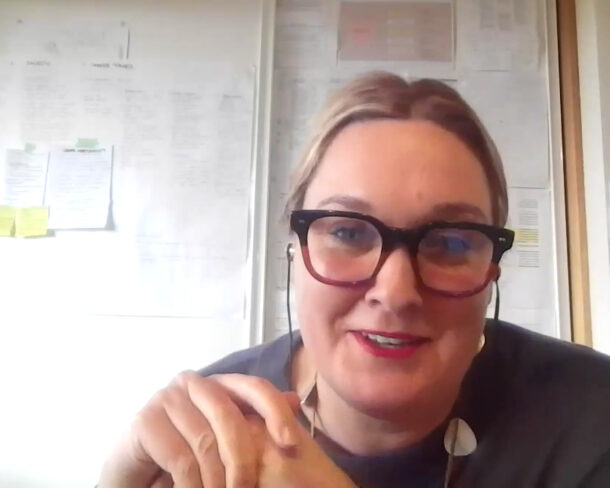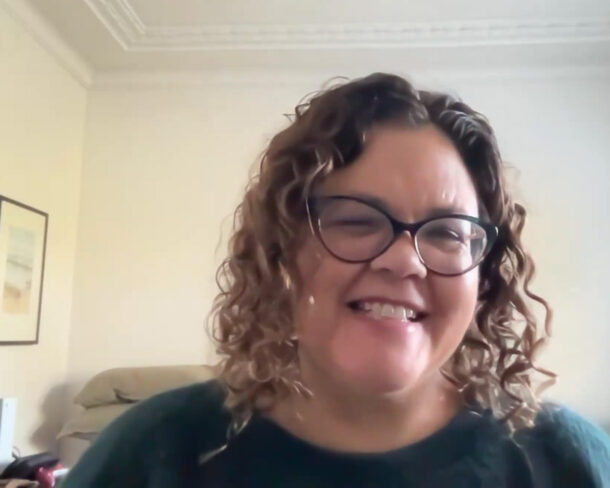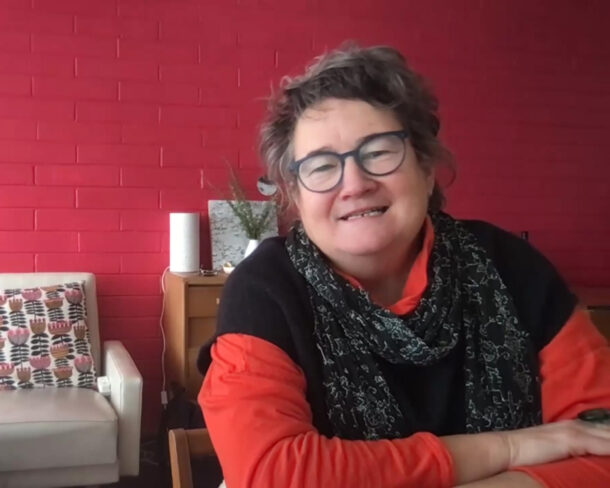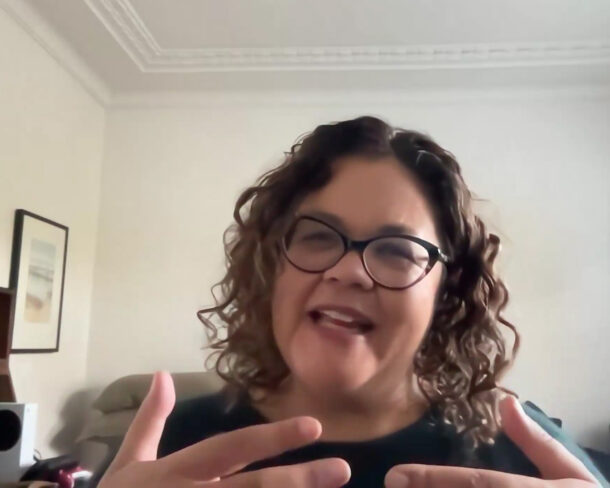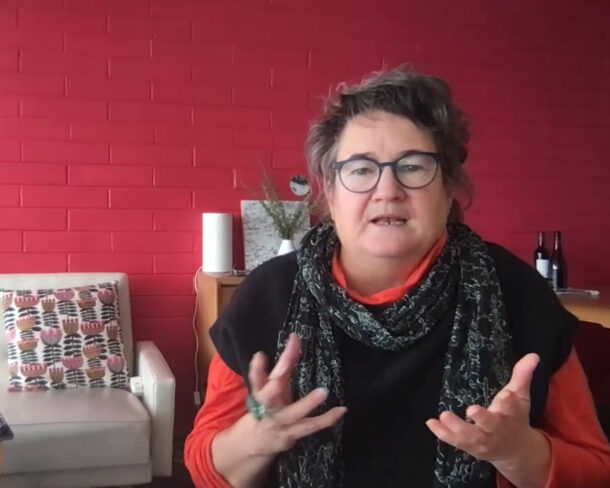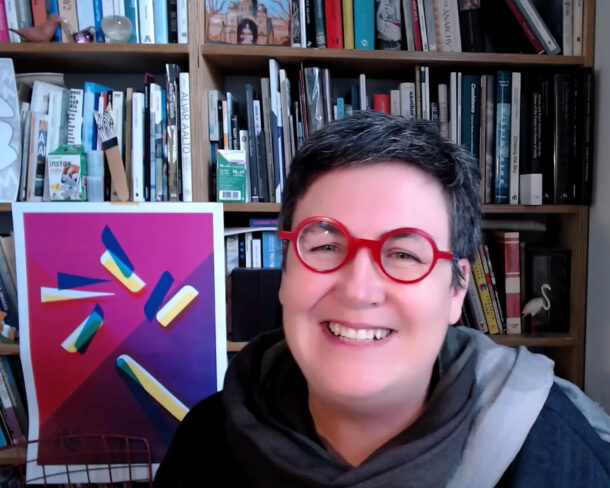Watch this invigorating excellent discussion about the transformation of regional places and communities – with Helen Norrie and Chantel Carr.
preview
Please log in to your account to purchase access to the full recording, or to use a code. If you do not have an account, you can register here.
1 formal point on completion of the cpd questions.
Refer to the Learning Objectives for Parlour LAB.
Regional tranformations
LAB 29 returns to the regions, exploring research into the politics, practices and policies shaping the design of regional Australia. Watch this fantastic session with Helen Norrie of the University of Tasmania and Chantel Carr of the University of Wollongong, in conversation with conveners Justine Clark and Alison McFadyen.
Chantel is a social scientist with a background in architecture. Her research looks at the socio-economic dimensions of energy transitions, and how decarbonisation is transforming places and communities. She works directly with workers and communities who are on the front line of energy transitions, foregrounding their lived experiences and perspectives in policy advocacy.
Helen is the founder of the Regional Urban Studies Laboratory (RUSL) at the University of Tasmania. RUSL is a collaborative practice-led urban design research project that engages directly with local councils and communities to examine urban issues in small towns and cities. RUSL undertakes collaborative research that examines the spatial, temporal and social aspect of urban settlements, focusing on the intersection of development, planning and urban design.
